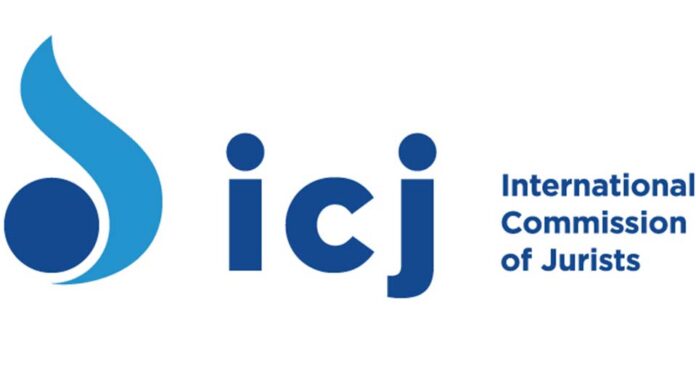By: Staff Writer
Colombo (LNW): The International Commission of Jurists (ICJ) has raised concerns about Sri Lanka’s new Online Safety Bill, which was published in the government gazette on Sept. 18, emphasizing that if adopted in its present form, the legislation would serve “to crush free expression and further contract an already shrinking civic space” in the country.
In a statement released on Friday (Sept. 29), the ICJ said the Bill, albeit intending to dramatically regulate the content of online communication including by the general public, stands to undermine the exercise of human rights and fundamental freedoms in the country, including freedom of information and expression.
The Geneva-based rights organization notes that the provisions related to the setting up, appointment and functions of an Online Safety Commission and other experts, the vague and overboard wording of conduct designated as punishable offences and unnecessary and disproportionate punitive sanctions are of particular concern.
The ICJ raised concerns about the Online Safety Commission being on the ‘sole discretion of the President’, adding that it contrasts with other notionally independent commissions in Sri Lanka, the appointments to which require the consent of the Constitutional Council by way of nomination or ratification. “This bill would give the president unfettered discretion where both appointment and removal is concerned.”
ICJ’s Legal and Policy Director, Ian Seiderman says this Bill is ‘deeply flawed’ in its design and would be open to abuse by the Sri Lankan government, which it says has persistently failed to uphold freedom of expression. He, however, acknowledged that the spread of online hate-speech and disinformation needs to be tackled.
Seiderman stresses that the Bill risks being used to suppress important public debate regarding the conduct of the government and matters of public policy.
He says the current draft must be either withdrawn or amended to be brought in line with Sri Lanka’s international human rights obligations guaranteeing freedom of expression, opinion, and information.
The CEJ is of the opinion that the Bill should not be evaluated in a vacuum but instead must be read in conjunction with existing and proposed legislation that threaten human rights. “Such laws include the extremely misused ICCPR Act of 2005, the Prevention of Terorrism Act (PTA), the Bureau of Rehabilitation Act, and the proposed Anti-Terrorism law which seeks to replace the PTA.”

